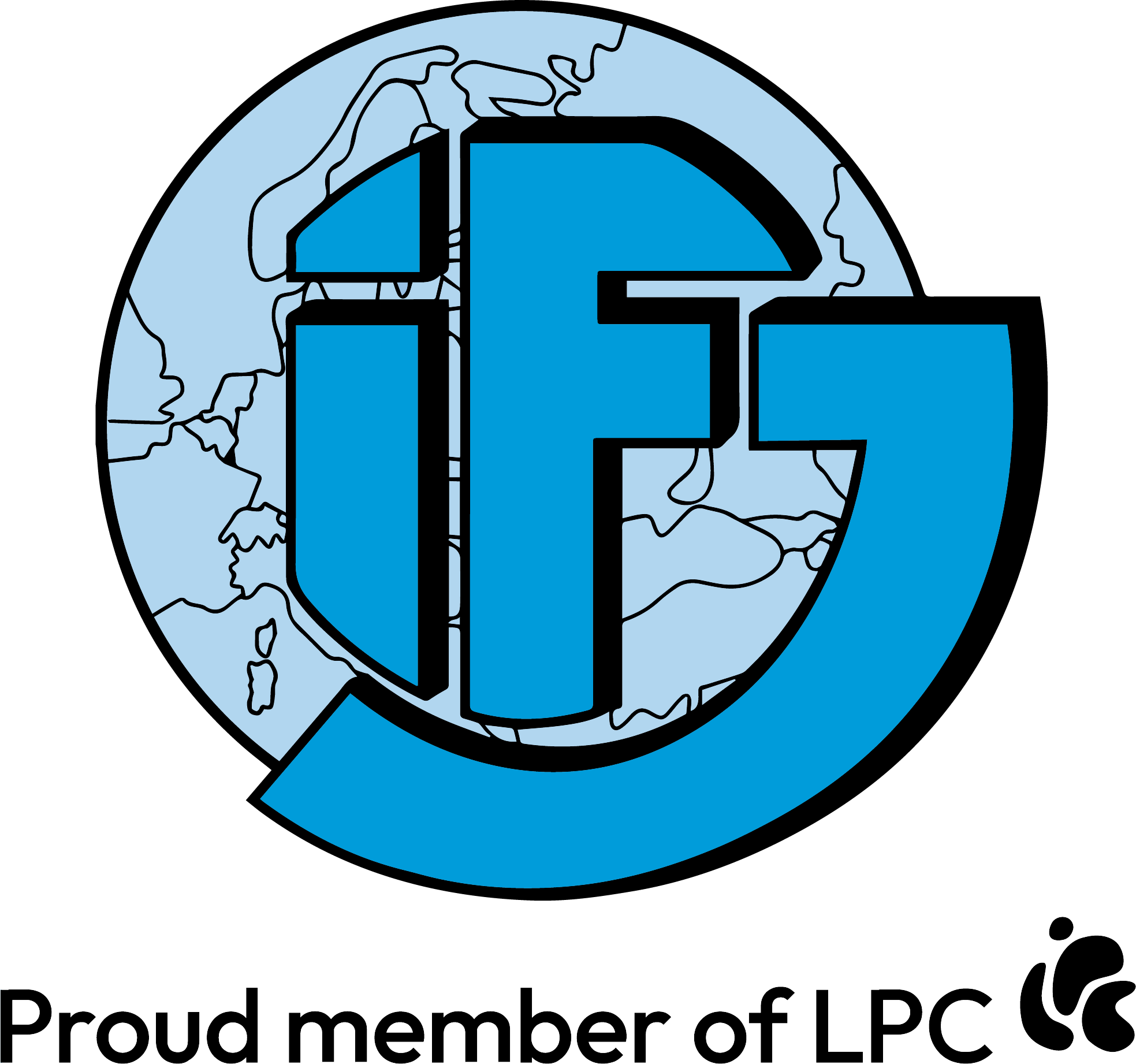

How to write a good CV
A CV (curriculum vitae) is a document you create to showcase who you are, what skills you have, and your work experience. It is crucial when applying for a job. A well-crafted CV helps you stand out from other candidates and can increase your chances of being invited for an interview. Below, I’ll explain step by step how to create a simple yet effective CV.
1. Personal Information
Always start your CV with your personal details:
- Name: Your full name.
- Address: Where you live.
- Phone number: The number where you can easily be reached.
- Email address: Use a professional email, for example, one that includes your first and last name.
Make sure these details are correct so that an employer can contact you easily.
2. Short Description of Yourself
In a few sentences, briefly describe who you are and what you’re looking for. This section is your chance to make a great first impression. Mention your work attitude, strengths, and the type of job you’re seeking.
Example: “I am a hardworking and motivated employee with experience in the hospitality industry. I enjoy working in a team and love making customers happy. I am looking for a job where I can further develop my customer service skills.”
3. Work Experience
List all the jobs you’ve held, starting with the most recent. For each job, include:
- Job title: The role you performed (e.g., cashier, production worker).
- Company name: Where you worked.
- Period: The time you worked there (from start to end).
- Tasks and responsibilities: What you did in that role.
Example: Cashier | Supermarket ABC | Jan 2021 – Sep 2023
- Assisted customers at the checkout.
- Balanced the cash register at the end of the day.
- Restocked shelves with products.
4. Education
List your educational background, starting with the most recent. Even if you haven’t completed a degree, mention the program you attended and the duration.
Example: MBO Level 2 Sales Assistant | ROC van Amsterdam | 2019 – 2021
If you’ve completed relevant courses, include them here as well.
5. Skills
This section highlights your abilities. Focus on skills relevant to the job you’re applying for. Include both technical and “soft” skills, such as:
- Languages: For example, Dutch, English.
- Technical skills: Handling cash registers, operating machinery, or computer skills.
- Personal skills: Customer service, teamwork, or problem-solving.
6. Certifications and Courses
If you’ve earned any certifications, like a forklift license or First Aid (BHV), mention them here. This can be a strong selling point for employers.
7. Hobbies and Volunteer Work
This is optional but can be a nice way to show more about who you are. For instance, if you’ve done volunteer work or participated in a sports club, it demonstrates that you are active and engaged.
Example: Volunteer at XYZ Football Club – Assisted with organizing events.
8. References
It’s often unnecessary to list references on your CV. Instead, you can write: “References available upon request,” meaning you can provide contact details of previous employers if asked.
General Tips:
- Keep it brief: A good CV is no longer than one or two pages.
- Tailor your CV for each job: Review the job description and make sure your CV reflects what the employer is looking for. If you have experience that’s relevant to the position, highlight it at the top.
- Make it easy to read: Use clear headings and white space to make your CV easy to scan.
- Check for errors: Ensure there are no spelling or grammar mistakes. If necessary, ask someone else to review it.
With these tips, you can create a clear and effective CV, even if you don’t have much experience. The key is to be honest about your skills and show your motivation to work. Good luck!



